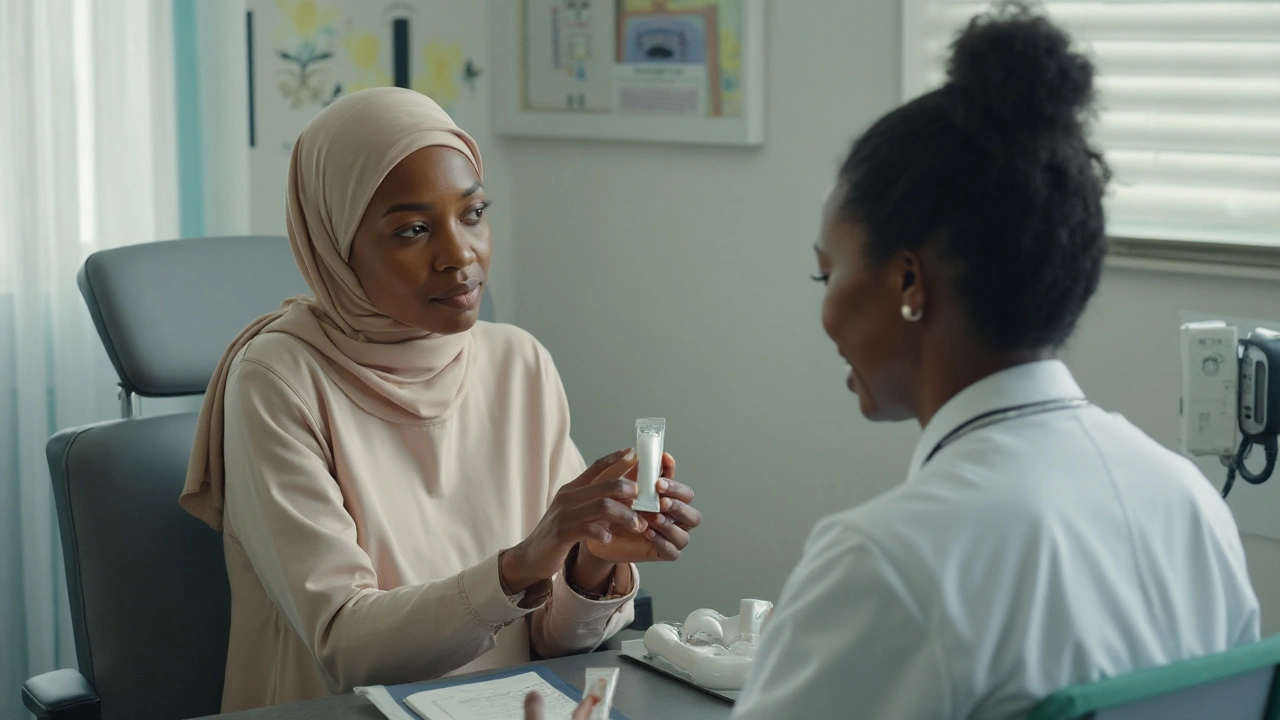Safety Tips for Medications, Online Pharmacies & Everyday Health
When it comes to your health, a single mistake can cost you big time. Whether you’re ordering a prescription online, starting a new drug, or simply reading a label, you need clear, trustworthy guidance. This page pulls together the most useful safety advice from DDK Health Live, so you can make smarter choices without scrolling through endless articles.
Buying Medications Online: How to Spot a Safe Pharmacy
Online pharmacies can be a convenient way to get medicines, but scammers are everywhere. First, check if the site requires a valid prescription – legit pharmacies will never sell prescription‑only drugs without one. Look for a physical address and a verified pharmacy license; you can usually find this info in the website footer or on a “Contact Us” page.
Second, compare prices. If a brand‑name drug is listed for a fraction of its usual cost, treat it as a red flag. Cheap prices often mean counterfeit or expired products. Use reputable price‑comparison tools and read user reviews that mention receiving the correct medication.
Third, pay with a secure method. Credit cards and trusted payment processors give you an extra layer of protection. Avoid wire transfers, gift cards, or cryptocurrencies unless you’re absolutely sure the pharmacy is accredited.
Medication Side Effects & Interactions: Staying One Step Ahead
Even approved drugs can cause unwanted reactions. The best defense is knowing what to expect. Start by reading the official prescribing information – focus on the “Common Side Effects” and “Serious Adverse Reactions” sections. If you notice any new symptom after starting a drug, write it down and contact your pharmacist or doctor right away.
Drug interactions are a hidden danger, especially if you take multiple prescriptions, over‑the‑counter meds, or supplements. Use a reliable interaction checker (many pharmacy websites offer free tools) and keep an up‑to‑date list of everything you’re taking. Never assume a supplement is “natural” enough to be safe with other meds; many herbs affect liver enzymes and can boost or block drug levels.
Finally, follow dosing instructions exactly. Skipping doses, splitting pills that aren’t scored, or crushing extended‑release tablets can change how the drug works and increase risk. Set reminders on your phone or use a pill organizer to stay on track.
Beyond buying and side effects, there are everyday safety habits that protect you from larger health threats. Keep a written medication list in a place you’ll see it – on your refrigerator, in your wallet, or on a phone note. Share that list with every healthcare provider you see, from your dentist to your eye doctor.
When traveling, bring enough medication to cover the entire trip plus a few extra days. Store pills in their original containers, because the labeling includes essential safety info. If you need to take a medication that requires refrigeration, pack a small cooler and check airline regulations ahead of time.
Lastly, trust your instincts. If something feels off about a pharmacy, a drug’s smell, or a sudden change in how you feel, don’t ignore it. A quick call to a pharmacist can save hours of worry and potentially serious health issues.
Safety isn’t a one‑time checklist; it’s a habit you build every day. Use the tips above, stay informed, and make sure every medication decision you make is backed by reliable information. Your health is worth the extra few minutes of research – and we’re here to help you stay safe every step of the way.
Acticin Explained: Uses, Safety Tips, and Legal Status
Discover what Acticin is, how it works, safety precautions, legal regulations, and practical tips for handling this pesticide effectively.
Butenafine for Fungal Infections in Immunocompromised Patients: Safety, Efficacy, and When to Use It
Is butenafine safe and effective for immunocompromised patients? Get clear answers on when it works, dosing, risks, red flags, and how it compares to other antifungals.


